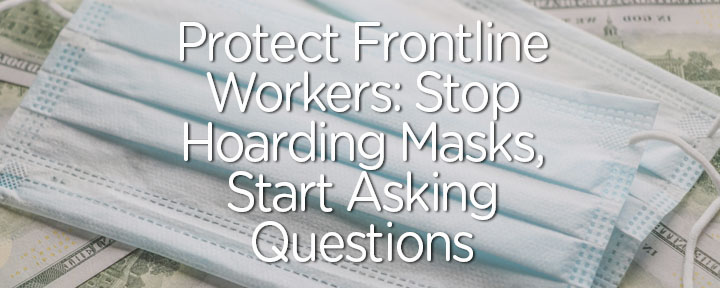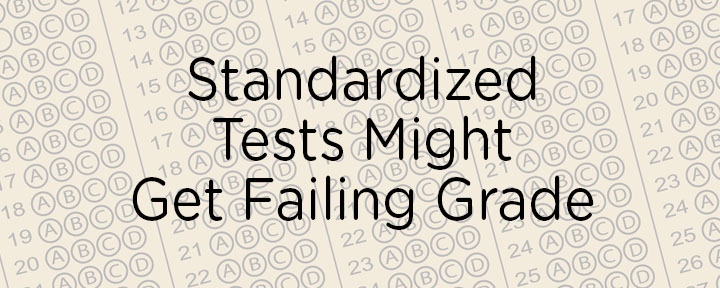
Want to protect yourself and your loved ones from getting COVID-19? Of course you do! Will you do anything in your power to do so? Then STOP HOARDING and SUPPORT first responders and healthcare professionals. My daughter is an ER doctor in Silicon Valley. As her mother, I want to protect her from the coronavirus and quite frankly, I wish she’d leave the profession.
She treated the first coronavirus patient in the Bay Area back in January, and she has been treating many patients since then. She and the selfless paramedics, nurses, doctors, and other healthcare professionals are risking their lives to save ours. Stop and think about that for a moment. Would you give your life to save a stranger’s?
When I hear that people are hoarding masks, disinfectant wipes, and hand sanitizers, I feel outraged. People are hoarding so many masks that HOSPITALS DO NOT HAVE ENOUGH MASKS TO PROTECT OUR FRONTLINE WORKERS. Selfish, stupid people.
If doctors, nurses, and first responders can’t protect themselves from very sick patients suffering from COVID-19 and other life-threatening diseases, our hospitals will close when they run out of staff. When doctors, nurses, and paramedics get sick, need to be quarantined, or die, WHERE WILL YOU GO WHEN YOU OR YOUR PARENTS GET SICK AND NEED HELP?
Listen to the healthcare professionals and help them set up and prepare for the biggest pandemic we have ever faced. Make sure they have access to masks, coronavirus test kits, and other life-saving devices and equipment they need NOW. Their voices are the ones you can trust and you need to support. They are not trying to win elections, make money on drugs or masks, or hide statistics from you.
When I hear that the government is DIVERTING FUNDS AWAY FROM PREVENTING THE SPREAD OF COVID-19, I feel even more outraged.
We need to ask why the Trump Administration has done the following:
- Submitted a budget that would:
- Eliminated the Pandemic Unit of the National Security Council [Source]
- Cut the Complex Crises Fund of $30 million that could deploy disease experts for this crisis. [Source]
- Forced CDC to slash the program to prevent global disease outbreak by 80% [Source]
- Downplayed the seriousness of COVID-19 by telling people it’s no worse than the flu and that they should go out to restaurants or go back to work when the doctors, WHO, and the rest of the world is quarantining. [Source] [Source] [Source] [Source] [Source]
- Postponed an annual intelligence report warning that the US is unprepared for a global pandemic. [Source]
- Asked for just $2.5 billion (half diverted from other programs) to deal with the coronavirus outbreak, when the congress instead authorized $8.3 billion in emergency funding. [Source]
- Made every step (albeit, delayed step) taken to contain the coronavirus all about Trump – it’s become his political campaign.
To take care of yourself and your loved ones, you need to make sure your healthcare professionals and frontline workers have all the personal protection, test kits, and equipment they need to save all of us. So stop hoarding, and start sharing. When you buy, buy for 2 weeks — not for 6 months. Pressure local, state, and federal agencies to protect our frontline workers and give them the tools they need to keep us safe. And, stay home no matter your age or vitality. Do your part to give our healthcare workers a chance to manage this pandemic.









